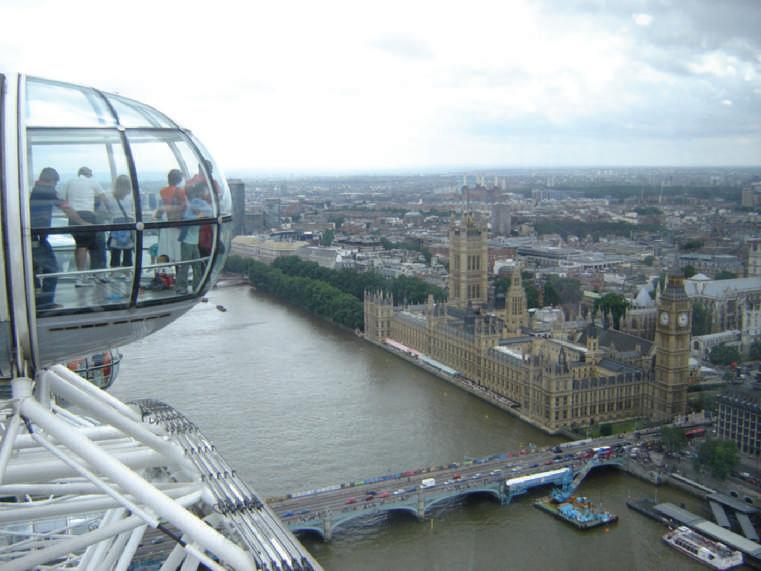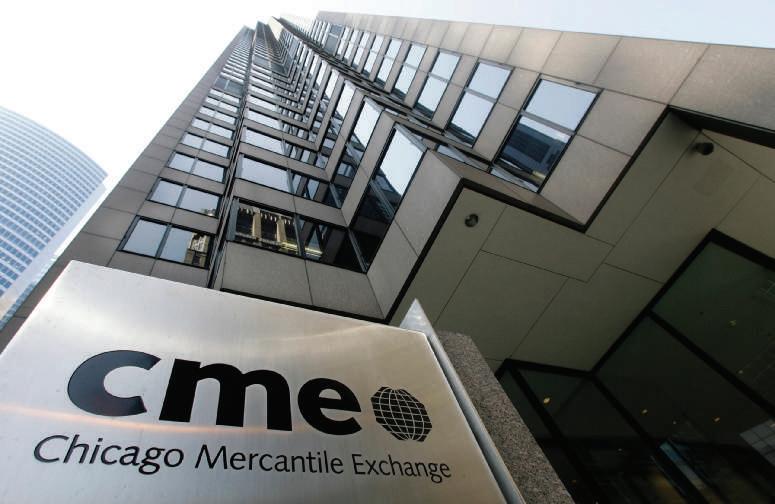
5 minute read
6-4g Dispute Settlement Law
SHAWNTHEW/EPA/Newscom
Recalls due to product safety concerns. Product safety laws vary among countries requiring sellers to be keenly aware of the standards within the countries they sell to.
Advertisement
caveat emptor
“Buyer beware”; involves placing the burden of determining product safety on consumers
caveat venditor
“Seller beware”; involves placing on manufacturers/sellers of products the burden of making sure products are safe or at least clearly and explicitly warning consumers about the potential safety risks of said product
dispute settlement law
the law governing how disputes arising in the conduct of global business are settled
litigation
involves bringing a dispute to a publicly/governmentally run court of law for resolution manufacturers and sellers operating essentially under a regime of caveat emptor or “buyer beware.” In such jurisdictions, the burden is placed on the buyers of products to determine their level of safety. For example, in certain more developing countries, such as Sri Lanka, Ukraine, and Pakistan, tobacco companies are free to sell tobacco products (cigarettes, etc.) more or less without any governmental interference or regulation. It is up to the buyers of such products to be “beware” of any health or other risks that might result from using these products.
Other countries, the United States being one of them, have nearly moved to the opposite end of the product safety law spectrum, essentially adopting a regime of caveat venditor or seller beware. In such countries, the burden is placed on the manufacturers and sellers of products to make sure the products they sell are safe or, at least, to very clearly and explicitly warn consumers about the potential safety risks of said products. Thus, in the United States, for instance, sellers of tobacco and other products are required to explicitly warn consumers about their potential health risks. Manufacturers and sellers of products clearly need to be specifically aware of the different product safety law standards that exist in the countries where they operate.
Dispute settlement law is the law governing how disputes that arise in the course of global business are settled. For example, suppose two major international corporations, like IBM Corporation in the United States and Nokia in Finland, enter into a contract. There is then an alleged breach of this contract by IBM and Nokia wants to obtain redress for this breach. There are basically two ways to potentially resolve this dispute, a public option and a private option.
The public option is to resolve the case through litigation, which means bringing the case to a public or government-run court of law to settle the dispute. Contracts between major international companies like IBM and Nokia likely contain clauses that specify
which court(s) will hear any disputes that arise out of them (e.g., the contract probably states that any relevant disputes will be heard in the courts of New York State in the United States, since that is where IBM Corporation is headquartered). One significant problem, though, of taking disputes of this kind to the courts is that courts throughout the world generally have considerable backlogs; thus it may take a year or more before the court is even able to hear the case. Moreover, court cases, with their formal procedures, often take many months to try even after they get on the docket. Consequently, many global businesses are now choosing to resolve their disputes via a private process called arbitration.
Arbitration is an alternative dispute resolution process agreed to by the relevant parties whereby a neutral private party hears the case and renders a decision. For example, the contract between IBM and Nokia may have a provision stating that any disputes arising under that contract will, in lieu of going to court, be heard and decided by an independent private arbitrator. Indeed, the contract may even specify the arbitrator (e.g., a prominent former jurist) that will hear any disputes. Arbitration cases tend to be heard and decided rather quickly, a clear advantage given the time sensitivity of international business contracts. Moreover, absent clear misconduct on the part of the arbitrator (e.g., taking a bribe from one of the parties), arbitration decisions are almost always deemed final and binding on the parties—meaning they can’t be appealed to the courts. Given the finality and binding nature of arbitration decisions, however, it is very important for parties to make sure they have full confidence in the arbitrator they agree upon to hear their dispute(s).
Reality Che C k lO-4
Visit a hardware store, grocery store, or discount store and read the product safety warnings printed on the packaging of several different products. To what extent do you believe these warnings are necessary and appropriate? If possible, talk to someone who has lived in another country about product safety warnings in that country.
6-5 Intellectual Property Protections
Intellectual property is property that is the product of intellectual rather than physical activity. Examples of intellectual property include the chemical formula for a new drug to cure colon cancer, a new biography of President Barack Obama, a new computer software video game, and the musical score to a new movie.
In today’s “knowledge economy,” intellectual property is more important than ever. A common problem facing most intellectual property is that it is usually very hard to make or conceive, but relatively easy to copy. For example, a pharmaceutical company might spend hundreds of millions of dollars in research and development to come up with the aforementioned new chemical formula for a drug to cure colon cancer. Once the chemical formula is discovered, however, a multitude of other pharmaceutical companies could easily copy it and manufacture their own colon cancer drug. Similarly, it may take a lot of effort and money to conceive of and develop a successful new computer software video game, but once it is developed, the given computer software can be copied by others for a fraction of the cost.
In order to protect the creation of intellectual property and to encourage innovation, creativity, and investment in this domain, most nations have laws that afford certain intellectual property special protections. Intellectual property protections are essentially limited monopoly rights legally granted by a nation to the creator of intellectual property. Patents, trademarks, and copyrights are all examples of intellectual property protections.
arbitration
an alternative dispute resolution process whereby the parties designate a neutral private person or group of persons to hear and decide the case
intellectual property
property that is the product of intellectual rather than physical activity
intellectual property protections
the limited monopoly rights legally granted by a nation to the creator of intellectual property
LO-5
Discuss the importance of intellectual property protections in today’s global business environment and the major different types of intellectual property protections, including patents, trademarks, and copyrights.






